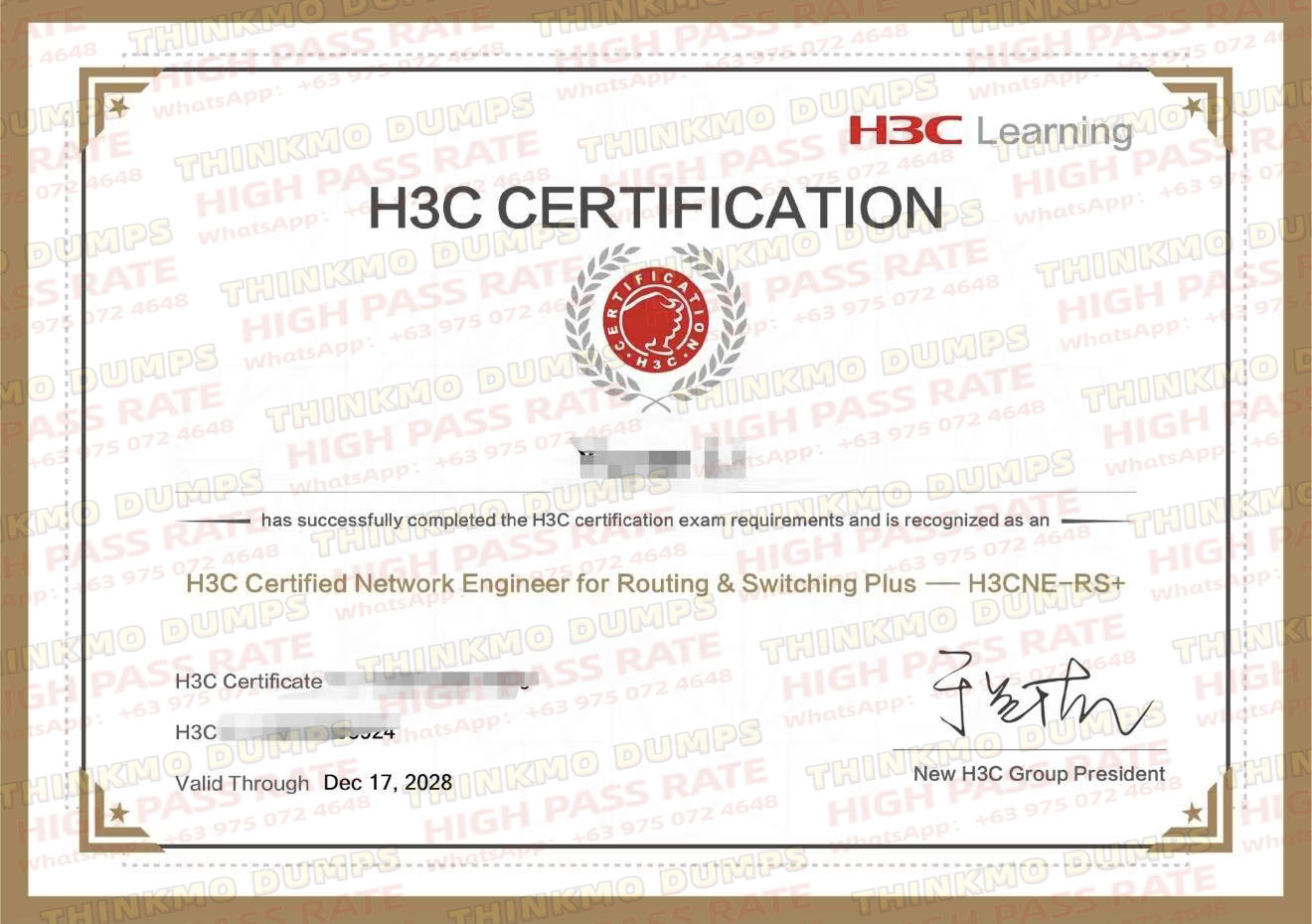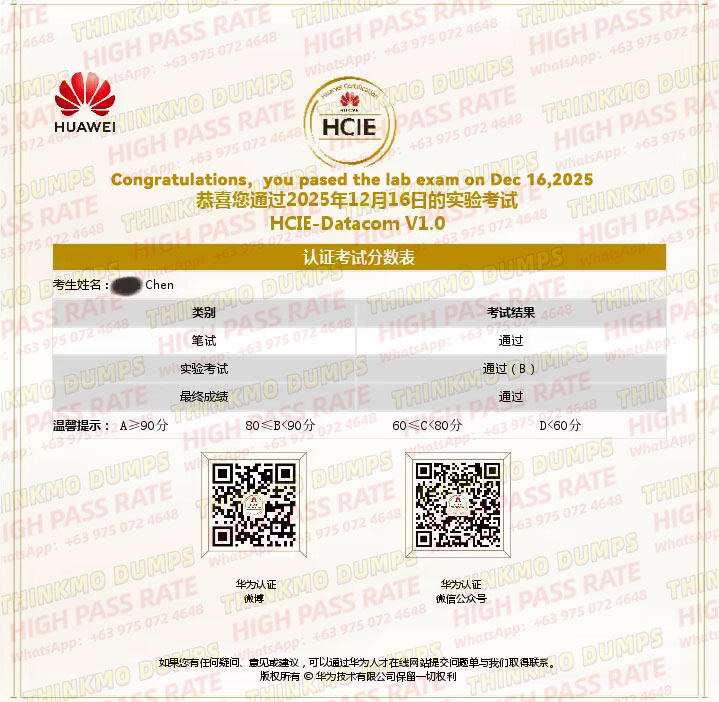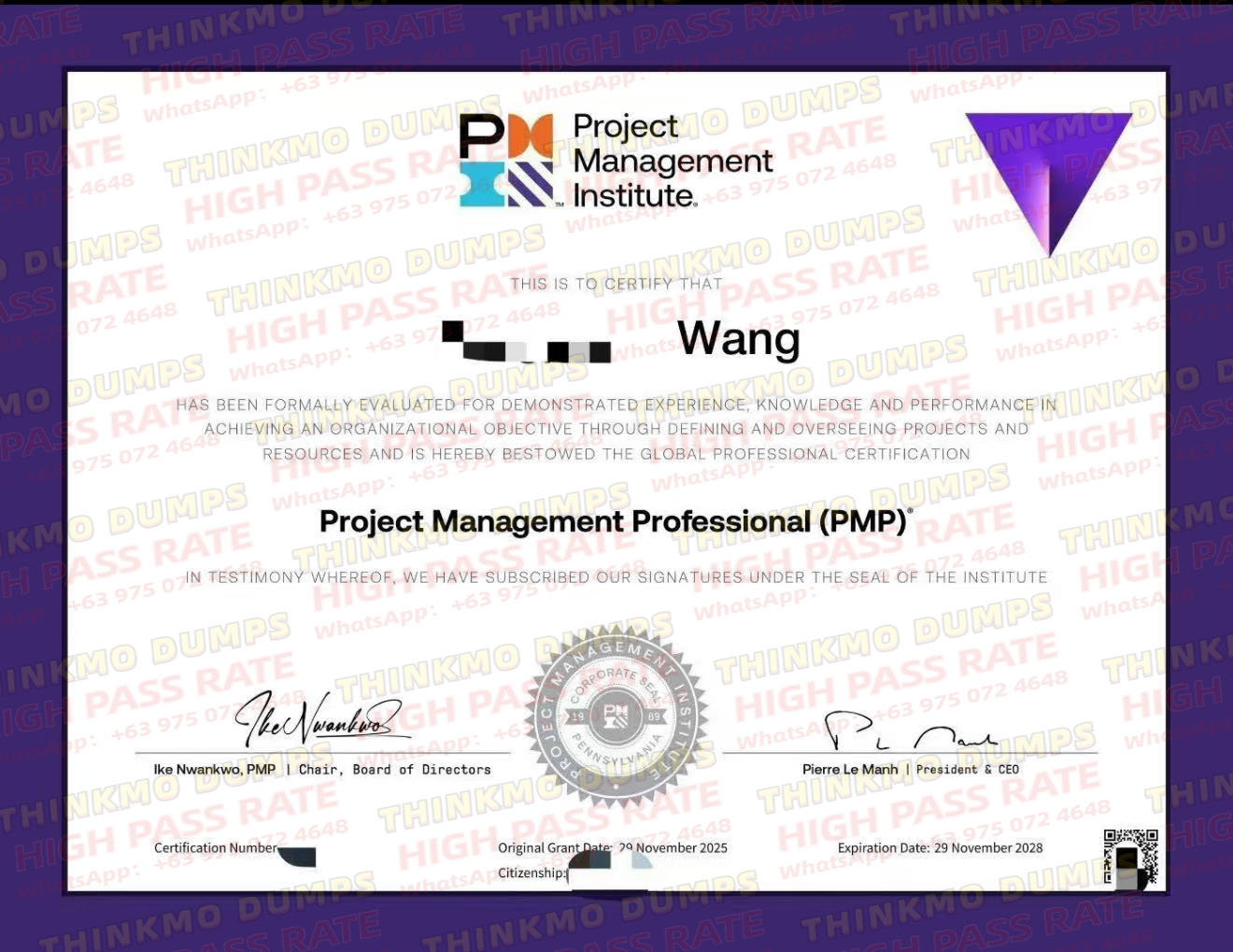Which Certifications Can You Pursue with Linux?
Update time:2025-09-30
Many Linux beginners often ask: “Is knowing how to type commands enough?If I want a certification to boost my career, which one should I take?And what’s the difference between them?”

As a seasoned operations engineer, let me walk you through the core Linux-related certifications.Linux certifications aren’t just “one big category.”They branch into three directions — basic operations, domestic/enterprise localization, and cloud-native — each corresponding to a different career path.For example, Red Hat certifications are ideal for general IT operations, Huawei Euler fits government/enterprise projects, and Kubernetes (CKA) is the go-to for cloud-native engineers.
1.Choosing Certifications: Follow Your Career Path
Linux certifications should align with your professional direction.The three main tracks and their respective systems are:
• General Linux Operations: Red Hat (RHCSA → RHCE)
• Domestic/Localization: Huawei Euler (HCIA → HCIP → HCIE)
• Cloud-Native: Kubernetes CKA (requires Linux basics)
While certifications can complement each other (e.g., Red Hat → CKA), clarity in direction saves time and effort.
2.General Operations: Red Hat Certifications
RHCSA (Red Hat Certified System Administrator)
• Level: Entry-level, tests daily Linux operations
• Core Content:
• System deployment (RHEL installation & configuration)
• User & permission management
• Service management (systemctl for Nginx/MySQL)
• Storage management (fdisk, mount)
• Target Audience: Linux beginners and entry-level ops engineers
• Value: Gateway to junior ops roles;raises résumé success rate

RHCE (Red Hat Certified Engineer)
• Level: Intermediate, focuses on enterprise deployment & troubleshooting
• Core Content:
• Service stacks (LAMP/LNMP, NFS)
• Security hardening (firewalld, SELinux)
• Automation (Ansible)
• Target Audience: Ops engineers with 1–2 years’ experience
• Value: Preferred for mid-level positions;foundation for cloud-native

paths
Red Hat Strength: High global recognition
Limitation: Less relevant to localized/domestic projects
3.Domestic/Localization: Huawei Euler Certification
System Levels: HCIA (entry) → HCIP (intermediate) → HCIE (advanced)
Technical Focus:
• Compatibility with Kunpeng chips
• Application of Chinese encryption standards
• Deployment of domestic middleware
Core Value:
• HCIA-Euler: Basics (similar to RHCSA) but tailored to Euler OS
• HCIP-Euler: Enterprise-level cluster management, high availability, domestic software/hardware adaptation
• Target Audience: Professionals in government/enterprise and Huawei/Kunpeng ecosystems
• Market Value: Highly demanded for government projects, smaller talent pool, strong salary potential

4.Cloud-Native: Kubernetes CKA
Positioning: Relies heavily on Linux CLI skills
Key Exam Content:
• Kubernetes cluster deployment & maintenance
• Pod/Deployment orchestration
• Service/Ingress networking
• Troubleshooting (e.g., Pod startup failures, node downtime)
Career Value:
• Ideal for ops engineers moving into cloud-native/DevOps
• Salaries typically 30%+ higher than pure Linux ops
• Career Path: Kubernetes Architect → DevOps Expert
Preparation Tip: Build Linux fundamentals first (RHCSA/RHCE) before tackling Kubernetes.

5.Certification Roadmap & Dumps Strategy
By Career Path:
(1) General Ops/Multinational: RHCSA → RHCE
(2) Government/Localization Projects: HCIA-Euler → HCIP-Euler
(3) Cloud-Native/DevOps: RHCSA → RHCE → CKA
Success Factors:
• Combine certificates with hands-on practice.
• Reinforce with dumps and past exam collections for targeted preparation.
• RHCE: practice with Ansible automation tasks
• CKA: hands-on Kubernetes cluster building
• Euler: practice domestic hardware/software adaptation scenarios
Summary
If you’re learning Linux and wondering which certificate to pursue, the answer depends on your career path:
• General Ops/International IT: Start with RHCSA, then move to RHCE.
• Government/Localization Projects: Go for Huawei Euler (HCIA → HCIP).
• Cloud-Native/DevOps: Build your Linux foundation with RHCSA/RHCE, then advance to CKA.
Most importantly, don’t rely solely on theory.Use authentic dumps and practice tests to simulate the real exam, while also building hands-on skills.Only the combination of certificate + practical experience will truly enhance your competitiveness.

As a seasoned operations engineer, let me walk you through the core Linux-related certifications.Linux certifications aren’t just “one big category.”They branch into three directions — basic operations, domestic/enterprise localization, and cloud-native — each corresponding to a different career path.For example, Red Hat certifications are ideal for general IT operations, Huawei Euler fits government/enterprise projects, and Kubernetes (CKA) is the go-to for cloud-native engineers.
1.Choosing Certifications: Follow Your Career Path
Linux certifications should align with your professional direction.The three main tracks and their respective systems are:
• General Linux Operations: Red Hat (RHCSA → RHCE)
• Domestic/Localization: Huawei Euler (HCIA → HCIP → HCIE)
• Cloud-Native: Kubernetes CKA (requires Linux basics)
While certifications can complement each other (e.g., Red Hat → CKA), clarity in direction saves time and effort.
2.General Operations: Red Hat Certifications
RHCSA (Red Hat Certified System Administrator)
• Level: Entry-level, tests daily Linux operations
• Core Content:
• System deployment (RHEL installation & configuration)
• User & permission management
• Service management (systemctl for Nginx/MySQL)
• Storage management (fdisk, mount)
• Target Audience: Linux beginners and entry-level ops engineers
• Value: Gateway to junior ops roles;raises résumé success rate
RHCE (Red Hat Certified Engineer)
• Level: Intermediate, focuses on enterprise deployment & troubleshooting
• Core Content:
• Service stacks (LAMP/LNMP, NFS)
• Security hardening (firewalld, SELinux)
• Automation (Ansible)
• Target Audience: Ops engineers with 1–2 years’ experience
• Value: Preferred for mid-level positions;foundation for cloud-native
paths
Red Hat Strength: High global recognition
Limitation: Less relevant to localized/domestic projects
3.Domestic/Localization: Huawei Euler Certification
System Levels: HCIA (entry) → HCIP (intermediate) → HCIE (advanced)
Technical Focus:
• Compatibility with Kunpeng chips
• Application of Chinese encryption standards
• Deployment of domestic middleware
Core Value:
• HCIA-Euler: Basics (similar to RHCSA) but tailored to Euler OS
• HCIP-Euler: Enterprise-level cluster management, high availability, domestic software/hardware adaptation
• Target Audience: Professionals in government/enterprise and Huawei/Kunpeng ecosystems
• Market Value: Highly demanded for government projects, smaller talent pool, strong salary potential
4.Cloud-Native: Kubernetes CKA
Positioning: Relies heavily on Linux CLI skills
Key Exam Content:
• Kubernetes cluster deployment & maintenance
• Pod/Deployment orchestration
• Service/Ingress networking
• Troubleshooting (e.g., Pod startup failures, node downtime)
Career Value:
• Ideal for ops engineers moving into cloud-native/DevOps
• Salaries typically 30%+ higher than pure Linux ops
• Career Path: Kubernetes Architect → DevOps Expert
Preparation Tip: Build Linux fundamentals first (RHCSA/RHCE) before tackling Kubernetes.
5.Certification Roadmap & Dumps Strategy
By Career Path:
(1) General Ops/Multinational: RHCSA → RHCE
(2) Government/Localization Projects: HCIA-Euler → HCIP-Euler
(3) Cloud-Native/DevOps: RHCSA → RHCE → CKA
Success Factors:
• Combine certificates with hands-on practice.
• Reinforce with dumps and past exam collections for targeted preparation.
• RHCE: practice with Ansible automation tasks
• CKA: hands-on Kubernetes cluster building
• Euler: practice domestic hardware/software adaptation scenarios
Summary
If you’re learning Linux and wondering which certificate to pursue, the answer depends on your career path:
• General Ops/International IT: Start with RHCSA, then move to RHCE.
• Government/Localization Projects: Go for Huawei Euler (HCIA → HCIP).
• Cloud-Native/DevOps: Build your Linux foundation with RHCSA/RHCE, then advance to CKA.
Most importantly, don’t rely solely on theory.Use authentic dumps and practice tests to simulate the real exam, while also building hands-on skills.Only the combination of certificate + practical experience will truly enhance your competitiveness.
I'm your man who have the 100% valid dumps , buy it now for 50% off to clear your exam!
Click it ↓↓

Hot article
-
 1
1 1. ThinkMo Precise Question Bank: Ace HCIE Written
上传:2026-01-23
-
 2
2 Triple H3CNE/H3CSE Passes | ThinkMo Christmas Succe
上传:2025-12-25
-
 3
3 Success Streak: ThinkMo’s Dec HCIE-Datacom Win
上传:2025-12-24
-
 4
4 ThinkMo Guide: Cisco & Huawei Certification Com
上传:2025-12-22
-
 5
5 Pass CCIE/CKA Exams with ThinkMo’s Top Question B
上传:2025-12-19








